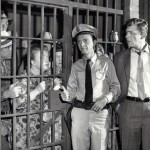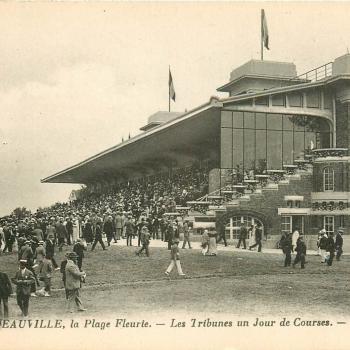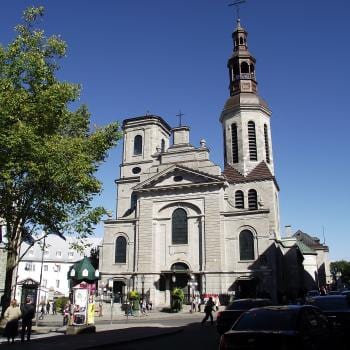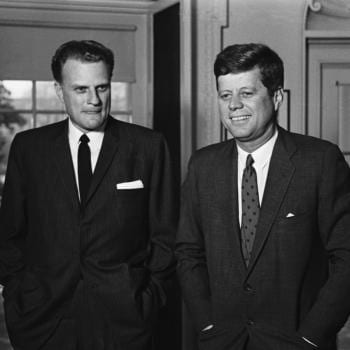The results of this recent poll got me thinking (it’s rare). According to the Barna Group, evangelical Protestants are far more inclined to support criminalization of drugs that other Americans:
Sixty-six percent of Evangelicals said all drugs should be illegal in a poll conducted in April 2016, and published August 4. Fifty-one percent of conservatives and 46 percent of “elders” (those older than Baby Boomers) agreed.
This position was at odds with the opinion of the majority of Americans and other practicing Christians. Only 32 percent of all Americans and 43 percent of practicing Christians said all drugs should be illegal.
So what would evangelicals do if they considered that the founders of the United States made drugs legal. That’s not quite right. They didn’t decide whether to legalize or criminalize. Drugs were not on their agenda. The United States did not begin to prohibit drugs until the late nineteenth century:
1880: The U.S. and Qing Dynasty China complete an agreement prohibiting the shipment of opium between the two countries; Qing China itself was still reeling from the effects of fighting the Opium War after a failed attempt to stem the British importing of opium into China proper (see Lin Zexu).
1906: The Pure Food and Drug Act requires that certain specified drugs, including alcohol, cocaine, heroin, morphine, and cannabis, be accurately labeled with contents and dosage. Previously many drugs had been sold as patent medicines with secret ingredients or misleading labels. Cocaine, heroin, cannabis, and other such drugs continued to be legally available without prescription as long as they were labeled. It is estimated that sale of patent medicines containing opiates decreased by 33% after labeling was mandated.
1911: United States first Opium Commissioner, Hamilton Wright argues that of all the nations of the world, the United States consumes most habit-forming drugs per capita.
1913: The American Medical Association created a propaganda department to outlaw health fraud and quackery. In the same year, California outlawed cannabis.
1914: The first recorded instance of the United States enacting a ban on the domestic distribution of drugs is the Harrison Narcotic Act of 1914. This act was presented and passed as a method of regulating the production and distribution of opiate-containing substances under the commerce clause of the U.S. Constitution, but a section of the act was later interpreted by law enforcement officials for the purpose of prosecuting doctors who prescribe opiates to addicts.
So if America was great when drugs were legal, couldn’t it happen again?
Even if you think (rightly) that legalization of drugs has no correlation with the United States’ positive contribution to the history of the world, doesn’t the fact that drugs were legal during the presidencies of George Washington and Abraham Lincoln do anything to take the sting away from legalizing drugs?












